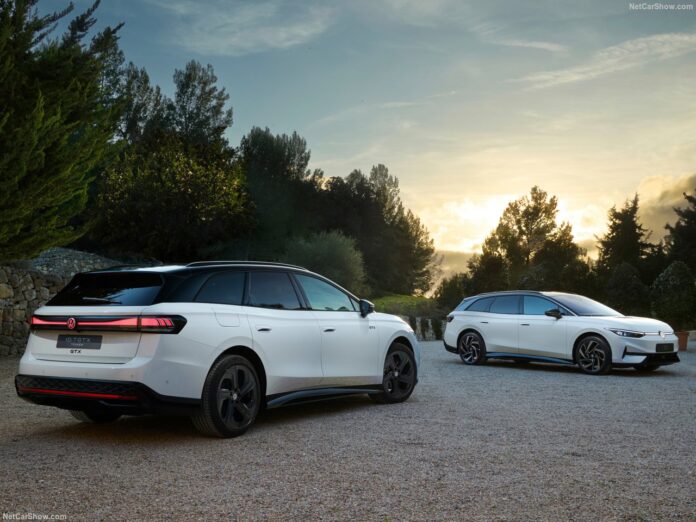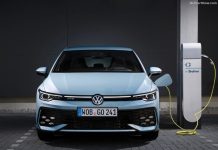German Auto Market in 2025 post weak recovery. YTD sales up to October gained 0.4%, turning positive again after year-long slump. Skoda impressed among top 10 brands, backed by strong EV performance despite still trailing leader Volkswagen.
Economic Environment
In 2025, Germany’s economy is expected to grow by 0.7% after contracting by 0.1% in 2024, as domestic demand strengthens. Inflation is set to decline further to 2.1% in 2025 from 2.4% in 2024, driven by falling energy prices and moderating service costs. The labour market, which weakened in 2024 with rising unemployment and falling job vacancies, is projected to stabilise as economic activity recovers. Private consumption, which was dampened by high uncertainty and a rising saving rate in 2024, is expected to rebound as real household income improves.
Investment, constrained last year by weak foreign demand and high financing costs, is forecast to pick up in 2025, particularly in construction and equipment, supported by lower interest rates and tax incentives. Energy-intensive industries, which struggled with high costs in 2024, will continue to face competitiveness challenges, keeping net exports a weak growth contributor. The fiscal deficit, which declined to 2.2% of GDP in 2024 with the phase-out of energy subsidies, is projected to shrink further to 2.0% in 2025 as revenues rise. Government debt, which stabilised at around 63% of GDP in 2024 despite weak growth, is expected to remain at similar levels over the forecast horizon.
Automotive Industry Trend and Outlook
EV Market Trend and Outlook
Medium-Term Market Trend
Germany’s car market, the largest in Europe, has experienced significant fluctuations over the past decade. Between 2014 and 2019, it saw steady growth of 18.71%, reaching a peak of 3.6 million sales in 2019 for the first time in the decade.
However, the arrival of the COVID-19 pandemic in 2020 severely impacted the market, causing a sharp 19.18% decline and pushing sales back below the 3 million mark. The downturn continued post-pandemic, with a further 10% drop in 2021, followed by stagnation in 2022. Factory shutdowns, supply chain disruptions, job cuts, and weakened consumer demand deepened the recession, further straining the industry.
Government stimulus packages provided temporary relief, leading to a 7.48% market rebound in 2023. However, structural challenges such as rising input costs and increasing competition hindered recovery, resulting in a slight 0.8% decline in 2024.
The EV market benefited significantly from supportive policies, with major automakers like Volkswagen and BMW accelerating their electrification strategies. Despite steady growth over the previous five years, the sector took a hit in 2024, plummeting 15.9% after subsidy cuts, highlighting its continued dependence on government incentives.
Tables with sales figures
In the tables below we report sales for all Brands, top 10 Manufacturers Group and top 10 Models.











